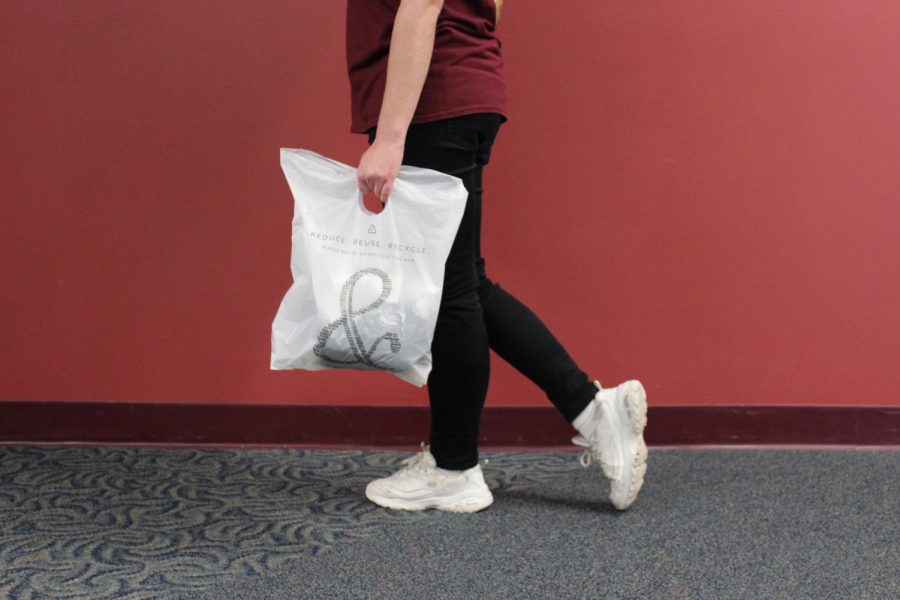The Elements Of The Plastic Bag Ban
September 2, 2019
In light of the global climate change problem, multiple states have initiated plastic bag bans including California, Hawaii and New York. In 2021, Connecticut will be one of many states joining the fray with a plastic bag ban of their own.
Although the ban doesn’t officially begin for another two years, it is beginning to create a looming presence over Connecticut businesses as they learn to adjust to this venture’s new changes on their budgets.
As of Aug. 1, a new bill has imposed a ten-cent tax on every use of a “single-use plastic checkout bag” defined as a “plastic bag whose thickness is less than four millimeters and is provided by a store to a consumer”. The tax serves as a way for both businesses and consumers alike to become prepared for stronger plastic regulations in the future and an overall plastic ban in Connecticut.
The ban has already been taken into full effect by several municipalities like New Britain, Fairfield, Glastonbury and Mansfield.The taxation of plastic bags is apparent throughout the Central Connecticut campus and neighboring areas.
At the CCSU Bookstore, the plastic bag ban hasn’t been fully enforced but the ten-cent tax is implemented with thicker plastic bags, deemed reusable by the Public Act 19-117.
As of September, the no-bag option doesn’t seem to scare Central students.
“I haven’t really gotten any negative feedback, most of the customers I speak with either choose one or the other and don’t seem really upset about it,” CCSU Bookstore manager Eileen Leib said. “I think it was well-publicized enough that it’s not surprising too many people.”
“My primary concern, however is that books are also made of paper and if they get wet it’s a problem. We don’t take back rental books with water damage. If a customer would refuse a bag and take it out in the rain, it would be problematic for them when they come to return a wet book.”
Paper bags and paper books together might also increase the probability of water damage. This could prove worrisome to some students as many of these books cost at least $100 to rent or buy. This goes for any bookstore in the vicinity that is faced with the new ban.
Though the ban does pose some concerns, major corporations are attempting to eliminate their use of plastic bags throughout the state.
Stop & Shop in Newington has completely removed plastic bags from their cashier stations, including self-checkout and are solely offering paper bags. The store is prompting customers to bring their own reusable shopping bag (four millimeters or thicker) or pay ten cents to obtain one.
Throughout the month of Aug., several Stop & Shops, including the Newington location, allowed customers to trade in their old plastic bags for new reusable bags, the limit being one per customer per visit.
Along with supermarkets, retail stores like Macy’s and T.J. Maxx have also been pushed to tax customers on plastic bags but are offering reusable bags as alternative options.
As of now, the removal of plastic bags is just one of many steps Connecticut plans to take in becoming an eco-friendly state.
Currently, there is another plastic ban is in the works and is being discussed by Connecticut House of Representatives, in which they hope to propose a bill citing a ban of plastic straws in all restaurants unless requested by the customer.
There are no certainties on the potential plastic straw bill yet but if the plastic bag shows to be successful it is likely to take action.




